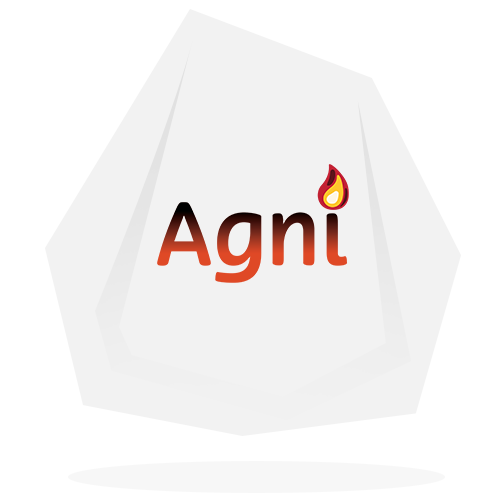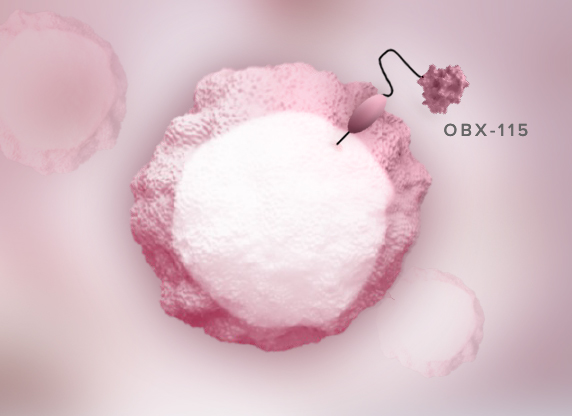For Patients
Patients who choose to enroll in our clinical trials are contributing to our understanding of the safety and efficacy of our investigational product candidate(s). We are grateful for the patients and families who help us advance our mission to deliver transformative outcomes for patients.
OBX-115, our lead product candidate, is an investigational TIL cell therapy that is genetically modified to produce a cytokine (IL15) that is membrane-bound (not secreted). Membrane-bound IL15 is designed to eliminate the need to co-administer high-dose IL2 as is required for conventional non-engineered TIL cell therapies. The use of IL2 adds to the toxicity of non-engineered TIL cell therapy and limits who can receive it. We expect membrane-bound IL15 to improve patient eligibility for OBX-115 TIL cell therapy and eliminate from the treatment regimen the potential toxicities associated with high-dose IL2.
We are investigating OBX-115 and enrolling patients in an ongoing multicenter clinical trial in advanced melanoma and non-small cell lung cancer (Agni-01).
Agni-01: Multi-Center Advanced Solid Tumors Clinical Trial: NCT06060613
US study sites are currently enrolling patients with advanced or metastatic solid tumors in a Phase 1/2 clinical trial of OBX-115. The primary objectives of the Agni-01 trial are to assess the safety, tolerability, and preliminary efficacy of the OBX-115 TIL cell therapy regimen in adult patients with advanced or metastatic melanoma resistant to immune checkpoint inhibitors or relapsed or refractory metastatic non-small cell lung cancer (NSCLC).
Please contact obx115-2301trial@obsidiantx.com for more information.

Single-Center Melanoma Clinical Trial: NCT05470283
The University of Texas MD Anderson Cancer Center has completed enrollment of patients with advanced or metastatic melanoma in a Phase 1 clinical trial of OBX-115.
The primary objectives of the trial are to assess the safety, tolerability, and preliminary efficacy of the OBX-115 TIL cell therapy regimen in patients with advanced or metastatic melanoma who have previously received checkpoint inhibitor therapy and, where indicated, also received BRAF±MEK inhibitor therapy.

Expanded Access Policy
Obsidian Therapeutics, Inc. is committed to bringing new, innovative therapies to patients by conducting rigorous clinical trials efficiently.
Expanded access, also referred to as compassionate use, offers a potential avenue for patients with immediately life-threatening conditions or serious diseases to obtain an investigational drug or other medical product for treatment outside of clinical trials when there are no comparable or satisfactory alternative treatment options available.
Our primary objective is to provide novel TIL cell therapies to patients through efficient clinical development and enhanced patient accessibility. Participation in one of our clinical trials is the most appropriate way for potential patients to access our investigational therapies. Obsidian does not currently have any ongoing Expanded Access protocols, nor do we offer access to our investigational products through individual Expanded Access or on a Right to Try basis.
If you are a patient with additional questions, please speak with your treating physician. If you are a health care provider who is interested in learning more about one of our investigational therapies, or a physician with questions about participation in one of our clinical trials, please submit a request to OBX115-2301TRIAL@obsidiantx.com.
This Expanded Access Policy is being posted pursuant to Section 3032 of the 21st Century Cures Act and section 561 of the United States Food, Drug, and Cosmetics Act.

ABOUT OBX-115
OBX-115 is a novel engineered tumor-infiltrating lymphocyte (TIL) therapy armed with regulated membrane-bound IL15 that is designed to remove the need for concomitant IL2 therapy, a toxic and costly requirement for conventional TILs.
Preclinical data have demonstrated enhanced TIL persistence, potency and improved tumor control compared to unengineered TILs, which is anticipated to improve clinical outcomes in patients suffering from different types of solid tumors.
Benefits of TIL-endogenous mbIL15 vs. systemic IL2:
Drive antigen-independent
TIL expansion & persistence
Drive adjacent NK cell
expansion & activity
Drive phenotype towards
CD8+ and memory T-cells
Unlike IL2, suppresses activation-induced cell death, doesn’t expand immunosuppressive Tregs or cause capillary leak syndrome-associated toxicity
